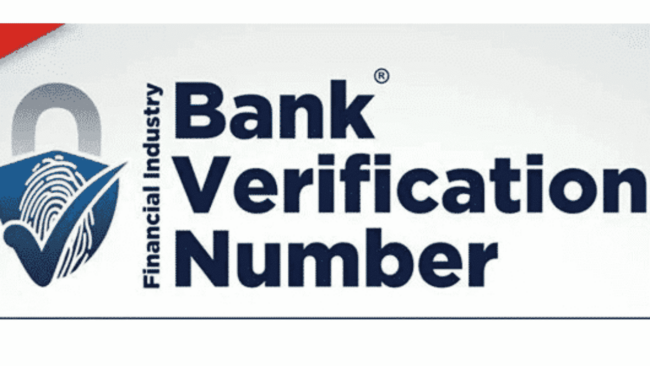Latest data from the 2023 EFInA Access to Finance (A2F) Survey results and from the Nigeria Inter-Bank Settlement System (NIBSS) have shown the number of Nigerian adults that have National Identity Number (NIN) and the total number of accounts that are linked to Bank Verification Numbers (BVN).
While the EFInA survey showed that 52 percent (28m) unbanked adults have NIN and five percent (3m) of banked adults are without BVN or NIN, the NIBSS records showed that the banking industry recorded 59 million (58,999,262) BVN counts as of October 9, 2023.
The A2F survey is Nigeria’s primary source of financial inclusion data and is designed to assess access to and use of financial services for the adult (18+) Nigerian population.
According to the survey poverty is a major reason for financial exclusion, as nearly 50 percent of adults have no financial account because they have no income.
Complementary policies to financial inclusion that tackles endemic poverty with regards to social investments in education, vocational skills, entrepreneurship, health, market-friendly economic policies are important to ensure wider social impact of financial inclusion, the survey report stated.
It further noted that there are significant disparities in the recently released data that demonstrate the face of exclusion. It is predominantly in the North and in rural communities. It is more likely to be female, youth or farmers.
On the other hand, the survey revealed that 83 percent of adults with a transactional account use digital financial services up from 60 percent in 2020; 31percent receiving digital income payment; 75percent making digital payments for goods; 17million (24%) say they are not always served on time when they visit a bank branch; 26 million (37%) are not satisfied with customer support.
Only (34m) 48percent of formally served Nigerians feel that information on financial products or services is consistently provided in a clear and easily understandable manner, the EFInA survey showed.
It further revealed that 14million (19%) feel that the bank platform is always down and that in the past 12 months (196k) six percent of those using microfinance banks experienced losing money/money missing from account e.g card/PIN fraud while using their microfinance account.
“A significant proportion of formally served Nigerians face challenges related to fraud incidence, poor service, high banking costs, and a lack of clarity in financial information.
“14 million (20%) have been unfairly treated by a staff/agent of a financial institution. A significant proportion of formally served Nigerians face challenges related to fraud incidence, poor service, high banking costs, and a lack of clarity in financial information, “ the report stated.
With the Central Bank of Nigeria’s December 18, 2023, deadline for the registration for the Bank Verification Number, the number of registered Nigerians has hit 59.9 million.
This is according to the latest BVN registration data update released by the Nigeria Inter-Bank Settlement System, as seen by Nigerian Tribune.
While registration for the number has been delayed since the beginning of the year, the Central Bank of Nigeria’s recent statement that all bank accounts without a BVN would be frozen beginning in April 2024 has pushed the BVN database a little higher.
With the most recent statistic of 59.9 million, this indicates that over one million new BVNs have been registered in the last three months.
The BVN database has expanded by 3.4 million thus far this year, with only a few days until the end of 2023.
According to NIBSS, the country had 133.5 million active bank accounts as of December 2021. While data for 2022 and 2023 has not yet been released, the statistics are likely to be higher than those for 2021, which showed that there is still a wide gap between the registered BVN and the number of bank accounts.
READ ALSO FROM NIGERIAN TRIBUNE






